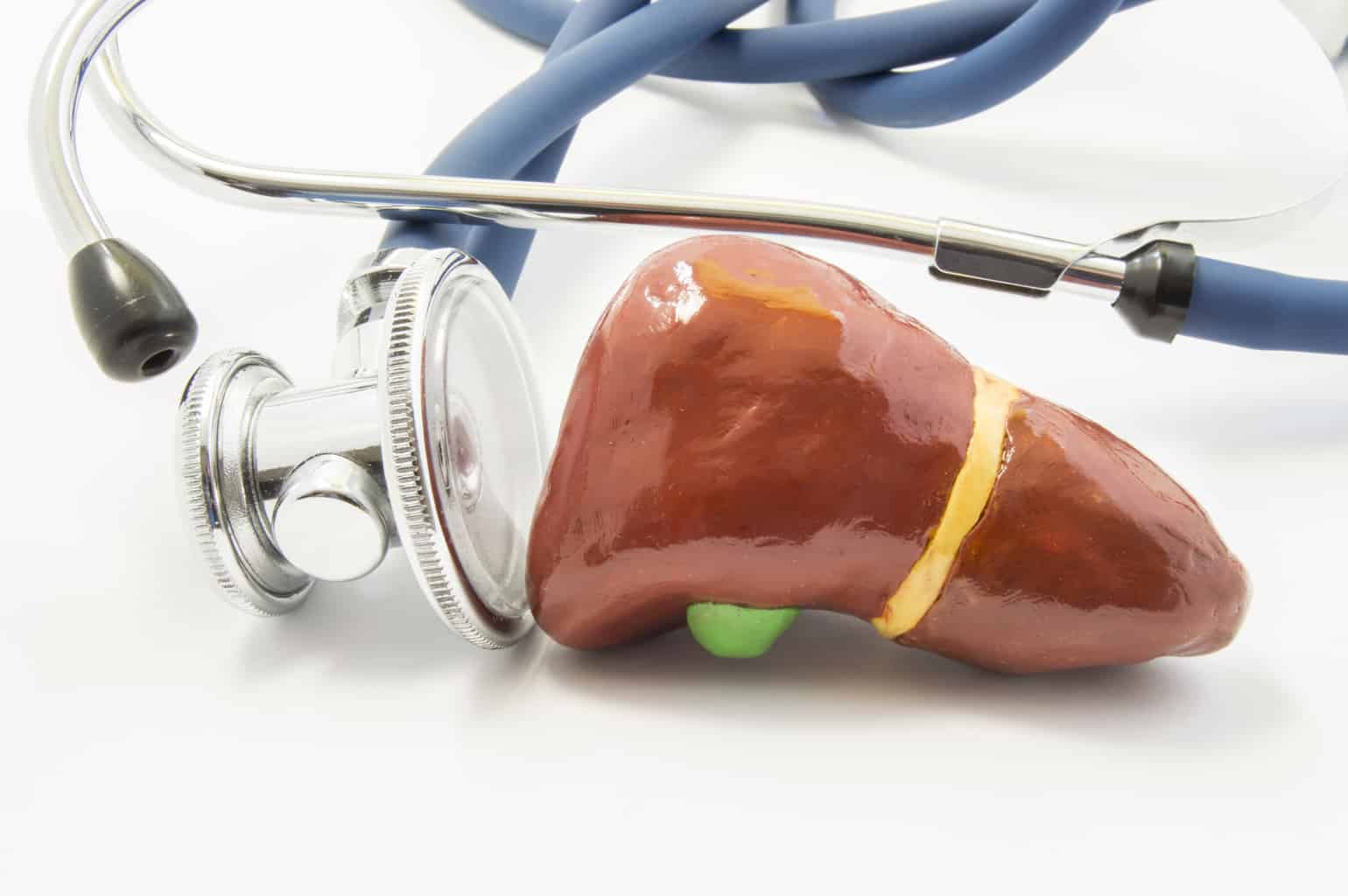
[cmamad id=”17871″ align=”center” tabid=”display-desktop” mobid=”display-desktop” stg=””]
Can your liver improve your sexual performance, raise testosterone, and rewind metabolism?
—-Important Message—-
7 drops of this dissolve plaque in your arteries!
For years, mainstream medicine believed that deadly plaque forms slowly in your arteries… and takes even longer to treat.
But then they saw this… and everything changed.

Studies are now confirming that just a few daily drops of this strange natural liquid can dissolve the plaque in your arteries…
…and even in the tiniest penile chambers that affect your erections.
————-
NGM282 cuts oozing globs of fat from your liver
Fatty liver disease affects 3% to 20% of the population – depending on how you measure its severity.
And this buildup of fat in the liver can lead to liver cancer.
It seems that it is also closely tied to type II diabetes.

A new study finds that a treatment based on a human hormone can reverse liver disease.
This could mean an end to non-alcoholic fatty liver disease and non-alcoholic steatohepatitis.
And it may also have implications for type II diabetes.
This randomized, double-blind, placebo-controlled phase II clinical trial took place at the University of California San Diego School of Medicine and was published in the prestigious Lancet journal.
The study recruited adults across a wide age range – all of whom had advanced fatty liver disease.
[cmamad id=”17872″ align=”center” tabid=”display-desktop” mobid=”display-desktop” stg=””]
“We recruited patients aged 18–75 years with biopsy-confirmed non-alcoholic steatohepatitis.”
The researchers divided the recruits into three groups.
They gave two of the groups different doses of the experimental drug and they gave one group an inactive placebo.
The drug was a synthetic version of a hormone (FGF19) found in humans.
This hormone regulates some of the aspects of the gastrointestinal system and it is known to affect blood sugar control.
“We aimed to assess the safety and efficacy of NGM282, an engineered FGF19 analog, for the treatment of non-alcoholic steatohepatitis.”
The study looked primarily at the levels of fat in the liver.
They set a high benchmark of 5% reduction in total liver fat as a successful endpoint.
“The primary endpoint was the absolute change from baseline to week 12 in liver fat content. Responders were patients who achieved a 5% or larger reduction in absolute liver fat content.”
Three months after beginning treatment, 75% to 80% of the patients had a significant reduction in liver fat.
“74% of patients in the 3 mg dose group and 79% in the 6 mg dose group achieved at least a 5% reduction in liver fat.”
In the control group (who got no drug treatment), only 2% achieved the same reduction in liver fat.
For a condition that has no official treatment, these are incredible results.
“Fatty liver disease has no Food and Drug Administration (FDA)-approved treatment.”
While there were a significant number of adverse side effects, they were not severe or life-threatening (and fatty liver disease is).
Side effects such as abdominal pain, diarrhea, and nausea were relatively common.
“Adverse events were injection site reactions, diarrhea (33%), abdominal pain (18%), and nausea (17%). No life-threatening events or patient deaths occurred during the study.”
Interestingly, the success rate among the high-dose group was very close to the success rate of the lower-dose group.
This suggests that maybe there is an even lower effective dose – with even fewer side effects.
Though there are unpleasant side effects, this seems like a very good option for a very serious condition that has no official treatment.
“The drug produced rapid and significant reductions in liver fat content with an acceptable safety profile in patients with advanced fatty liver.”
The scientists used an extremely sensitive magnetic resonance imaging device (liver MRI) to measure the amount of liver fat.
It is interesting that this drug affects bile synthesis… Bile is one of the things that keep bad gut bacteria in check.
Gut bacteria have been shown to be a major factor in diabetes and fatty liver disease.
These conditions are intrinsically linked.
Bacteria can leak from the gut into the liver and cause inflammation, leading to fatty liver.
It may be that the increase in bile has an antibiotic effect on the bad bacteria, which keeps the gut bacteria in balance.
Hopefully, future studies can determine the appropriate doses and how this substance works.
You should see a healthcare practitioner about the treatment and diagnosis of liver disease.
—–Important Message——
Caution: If you’ve been eating fish oil, nuts, peanut butter, fried foods, your liver is carrying all that bad fat.
And when your liver is covered with this bad fat, it stops refining and using sugar – which starts piling up as glycogen…

That sugar can really mess up your liver and even cause diabetes…
But this one special supplement can stop this rapid liver deterioration…
…by getting rid of all that bad fat and restoring your liver.
————–


Leave a Reply